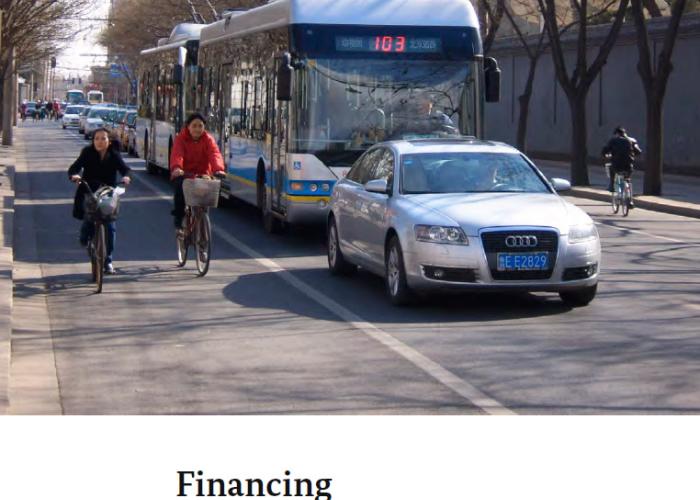Financiación del transporte urbano sostenible - Revisión internacional

The study on “Financing Sustainable Urban Transport – International Review of National Urban transport Policies and Programmes” authored by Rodrigo…
- NUMP
Reports & Case Studies
MOREL Tristan
Technical Advisor
The study on “Financing Sustainable Urban Transport – International Review of National Urban transport Policies and Programmes” authored by Rodrigo Diaz (Embarq) and Daniel Bongardt (GIZ) presents an analysis of a variety of financing and planning practices world-wide in order to help decision-makers identify suitable elements for their local context. While focusing on decision-makers in China, the study is also relevant for other countries facing similar challenges. It presents insights into financing arrangements for urban transport in eight countries: Brazil, Colombia, France, Germany, India, Mexico, The United Kingdom and the United States of America. The report is a product of the knowledge and experiences of many experts who shared their expertise during a workshop on “Prospects for National-Level Programmes and Funds for Sustainable Urban Transport in China” held near Beijing on 1-3 November 2012 with the editing authors.
Sustainable urban transport (SUT) systems are urgently needed in developing and emerging economies world-wide. Fast rates of motorisation, especially increases in private car ownership and travel have already turned congestion, air pollution and noise into common problems in many emerging and developing cities. Due to lost time and higher transport costs, road congestion is estimated to cost Asian economies 2-5% of GDP per year already. Asian cities also suffer from the highest air pollution levels in the world with transport being one of its largest contributors.
As the number and size of cities is growing, metropolises are increasingly facing challenges to develop high-quality infrastructure and operation for all modes, especially sustainable modes such as walking, cycling and public transport. Hence, urban transport is no longer only a local concern. National urban transport policies and programs are an opportunity for central governments to help cities cope with the related challenges.